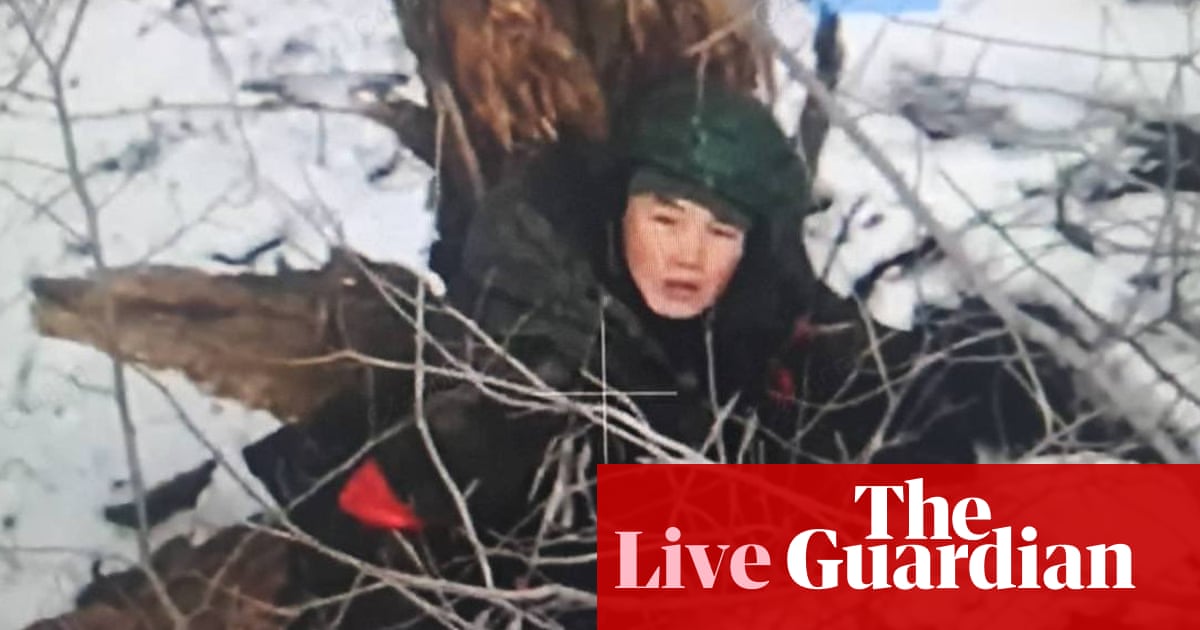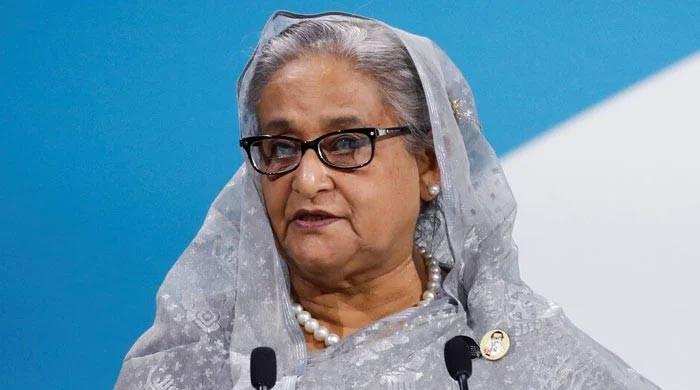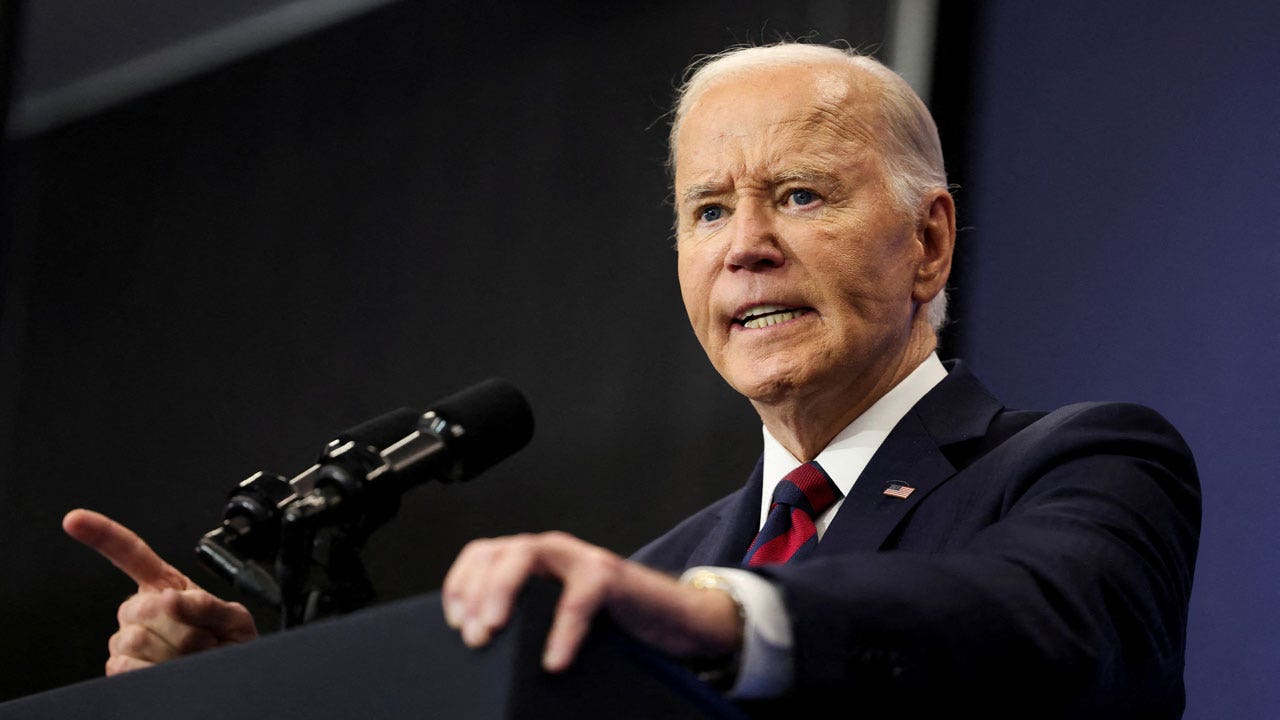New South Wales risks losing 150 psychiatrists in a matter of weeks if the health department fails to reach negotiations with the union, as a “major crisis” in mental health care escalates.
On Friday, the NSW Industrial Relations Commission (NSW IRC) issued a direction to union members to delay any resignation notices until 15 January next year, as it remained in a standoff with the state government over pay disputes.
It followed a mass meeting of the Australian Salaried Medical Officers Federation (ASMOF) of NSW on 16 December, in which 150 psychiatrist staff specialists indicated they would be directly submitting their resignations within the week in response to the latest NSW government offer.
Director of the Brain and Mind Centre at the University of Sydney, Prof Ian Hickie, said Australia’s public health system was buckling under the weight of growing competition with the private sector and other states.
“The way the system is currently structured has great trouble functioning – we’re having a major crisis in public mental health care,” he said.
“This is the tip of the iceberg of a very dysfunctional system that’s getting progressively worse under increasing demand pressures and failure to take reform.”
Hickie said the health system was dependent on senior psychiatrists not only for their direct service, but supervision of junior staff in training positions.
“If we end up with a public system desperately short in those roles we’ll have a major problem in terms of acute mental health care,” he said.
“It’s wrong to see this as simply a pay dispute – there’s a radical need to change the structure in terms of how the public and private sector cooperate rather than compete.”
Hickie said rather than settling the dispute, the state government was attempting to fill gaps in the public sector with locum roles and potential overseas recruitments.
Numerous locum psychiatry roles have been uploaded to job sites in recent weeks offering up to $2,800 a day, flights, transport and hundreds of dollars in accommodation to fill shortages in public mental health units across New South Wales.
“It’s a short-term solution,” Hickie said. “Despite endless reviews, we haven’t had significant structural reform, which means it’s not surprising more and more people in crisis are getting no care and being dropped out of the system.”
He pointed to an increasing number of patients going to emergency departments when in crisis, placing yet greater pressure on the system, and a worsening equity of care.
“Private demand right across the spectrum has continued to go up and absorb even more of the workforce,” he said. “There’s undoubtedly a crisis of confidence in the public sector and there’s no easy way out.”
Key to the union’s dispute was a six-month “productivity and efficiency pilot project” proposed by the state government, to be undertaken without additional pay, that would be “conducted with a view … to enable additional salary increase” where savings were found “through the productivity and efficiency measures”.
About 96% of attenders at the ASMOF meeting indicated they would not participate in the pilot.
after newsletter promotion
The minister for mental health, Rose Jackson, said NSW Health’s offer of a 10.5% pay rise, which had been on the table since April, was the largest pay increase to psychiatry staff specialists in more than a decade.
“Unfortunately, this offer was rejected by ASMOF and its membership. They are demanding a 25% pay increase – that’s up to $89,000 more, per psychiatry staff specialist,” she said.
“We absolutely don’t see psychiatry staff specialists as fairly compensated, which is why we have offered the largest pay increase in a decade. This is on top of the second largest pay increase in a decade [of 4%], delivered by the NSW government last year.”
Jackson said the proposed trial was separate to the proposed pay increase and could further enhance remuneration.
“To be clear – the resignation is not effective immediately and the NSW government is implementing strategies to safeguard service continuity,” she said.
“While some psychiatry staff may choose to move to the private sector, we remain committed to making the public system an attractive and fulfilling place to work.
“We are exploring every single option to ensure people get the care they need, including finding staff to help plug any gaps.”
Psychiatrists have been warning the state government of staffing shortages since late last year, citing unacceptable delays in treatment, poor resourcing and a 30% pay gap with interstate colleagues.
ASMOF NSW said in a statement on Friday that it was continuing to engage in bargaining to achieve a positive outcome for members, and would proceed to conciliation and arbitration if required.
Source link
 Insights Daily World is your one-stop destination for discovering unbeatable discounts, trending deals, and the latest offers across various products. Stay informed with the newest updates, breaking news, and insightful deals, all designed to help you save and stay ahead
Insights Daily World is your one-stop destination for discovering unbeatable discounts, trending deals, and the latest offers across various products. Stay informed with the newest updates, breaking news, and insightful deals, all designed to help you save and stay ahead




